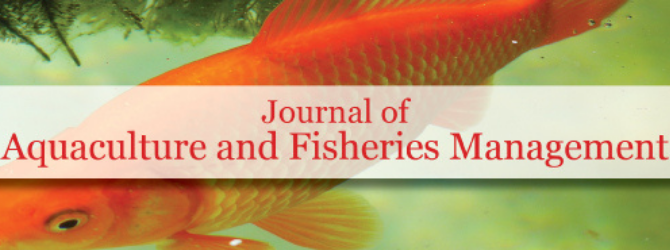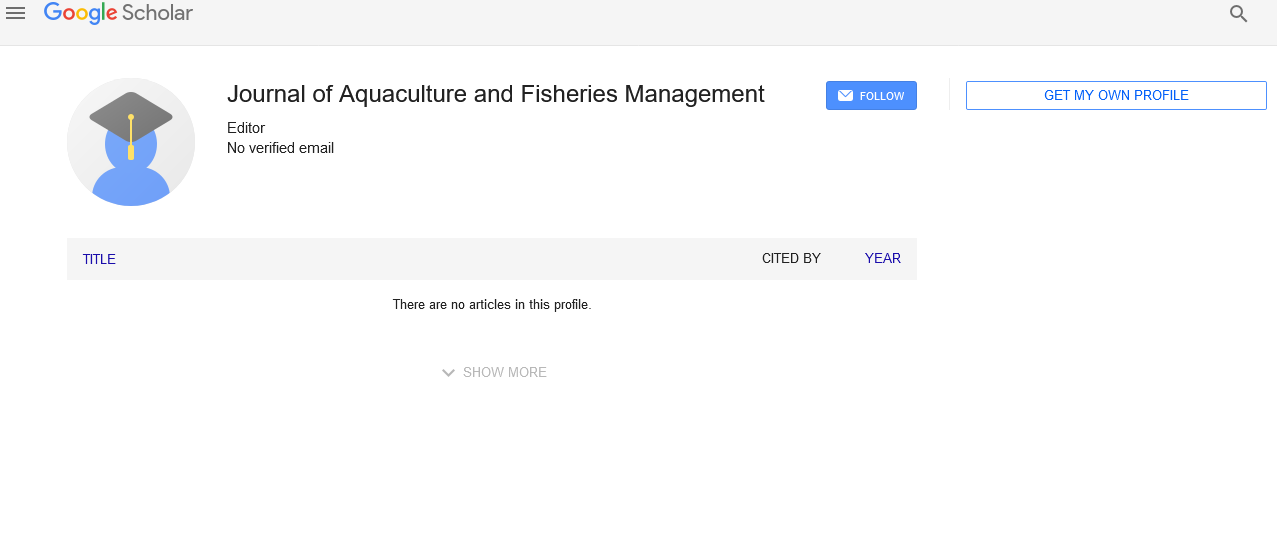
Sign up for email alert when new content gets added: Sign up
Abstract
A study on fatty acid profiling of some selected marine water and fresh water fishes
Author(s): Rushinadha Rao KakaraAquaculture has attracted the attention of both public and private sectors which has been recognized as a fastest growing sector of economic importance in the world. The potential contribution of aquaculture to meet food security challenges, create employment, foreign exchange and improving nutritional security around the globe1. Fish is one of the significant nutritional value of food and a source of omega-3 fatty acids and its consumption offers nutritional and health benefits2. Assessment of fish nutritional information could afford essential guidance of human health protection. The composition of fatty acids in fish may varies with intrinsic and extrinsic factors like size of the animals, feeding and environmental conditions3,4. A comparative study of fatty acid profiles and fat content of seawater and freshwater fish species showed that fatty acid profiles which are many of the freshwater fishes are basically higher levels to those of marine water fishes as a source of PUFAs and the mean omega-6/omega-3 ratios of freshwater and marine fish were 0.37 and 0.16 respectively5. The nutritional quality of fish is highly associated with its content of essential fatty acids (EPAS) omega -3 polyunsaturated fatty acids cannot be synthesized effectively by human and must be obtained by diet6. In this study, our objective is to compare the fatty acid profiling in some selected deep-sea fishes along the continental slope of Indian EEZ (Exclusive Economic Zone) and freshwater fishes.




